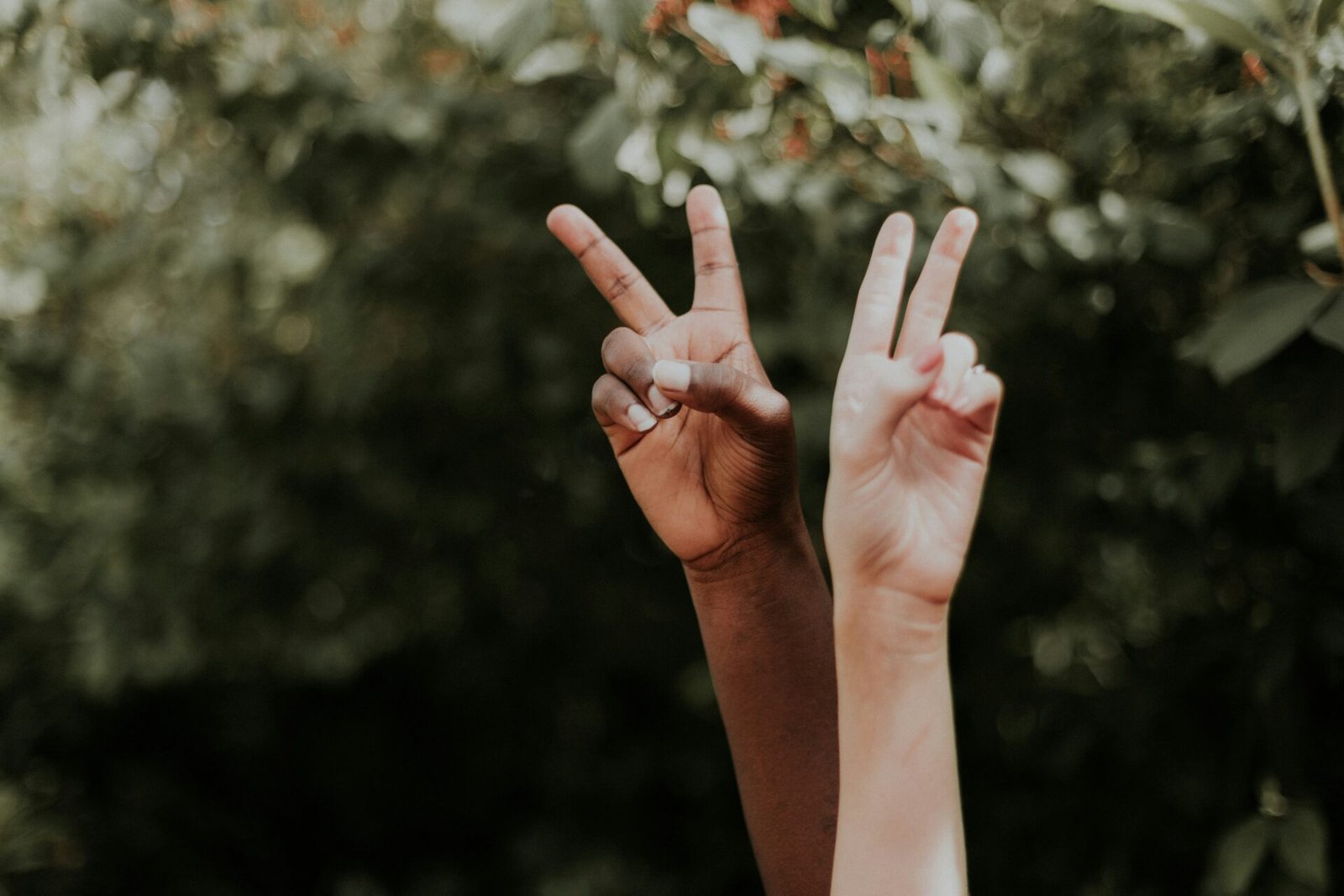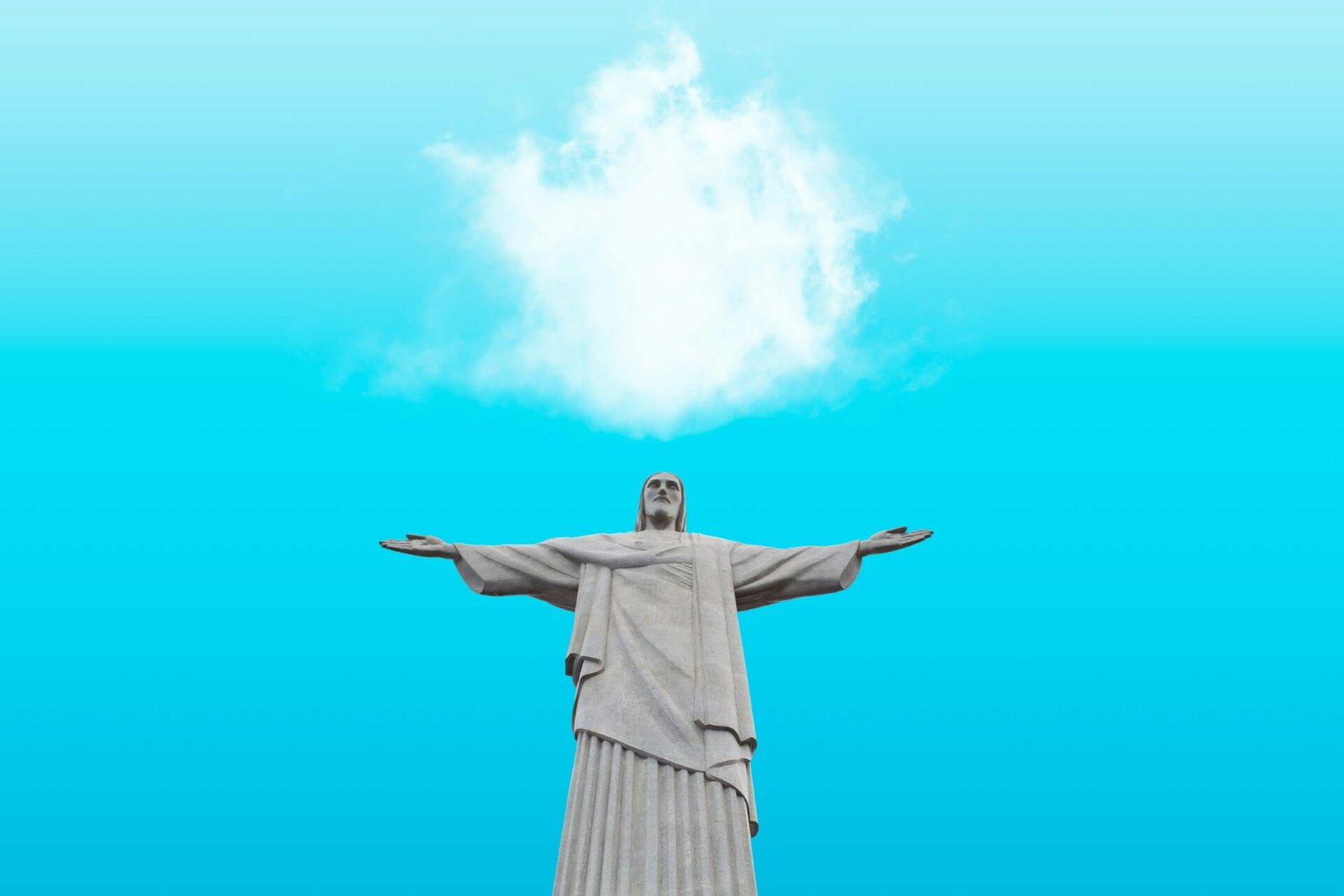I’m always told that I have a complex character. I don’t know whether you noticed, but in Ukraine people usually call so those who have it in general.
Ulyana Suprun
Aggression is the driving energy and impulse to action. For some, it results in activities for the benefit of the community and… tears, for others – in intrigue and destruction. Roughly, that’s what good and evil is – a conscious choice of how to use the same energy, where good means more global thinking and more self-control. And what can I tell you – the second, ie destruction, is easier.
In Ukraine everyone knows who Mrs. Ulyana is. Does anyone know what’s her middle name (father’s name, as a special thing used in ussr to address a person)? Nope. Because “father’s name” is a remnant of ussr. Mrs. Ulyana simply didn’t fit to it, just like anything else that has relation to ussr. And I also pray for its complete elimination from Ukraine at all levels. It’s just not us.
I bought her book “Do wet mantoux” primarily to support, secondly, as a manifesto of the death of ussr in Ukrainian minds, thirdly, as a vivid example of “the Ukrainian of a healthy human’s” thinking, and – as a collection of Soviet myths to laugh about one day with my children. True, a little through tears.
Having lived abroad, in a multicultural environment, talking to people of different nationalities and foreigners of Ukrainian origin, watching them, I separated the grain from the chaff, and clearly saw what Ukrainianness is and what a Ukrainian could be under normal circumstances, for example, if in the 90’s, we took cleaning more seriously.
It was foreigners of Ukrainian origin who impressed me with their Ukrainianness to the depths of my heart – it is in character. The Ukrainian woman of a healthy person is incredibly strong in spirit, persistent, clever and joyful (witty), and that is actually national traits. And I cry as I write this, that’s how beautiful it is, same as I cried while reading the story of the forced emigration of Mrs. Ulyana’s family.
A healthy member of society is free from fear, trusts himself and acts on this basis. I’m well aware of how difficult it is to maintain good health of the spirit and what to say, even of the body, in the face of poor living standards, despair and external violence from other states or individuals. “You’re morally weak,” one man told me, physically twisting my ligaments, – it’s something similar.
At the same time, I am happy to realize what Ukrainianness is and what is the value of it.
It happened that I began to read “Do wet Mantoux” at the same time as Milan Kundera’s book “The Joke”, and their beginnings appeared to be intertwined and complemented.
When my comrades concluded that my behavior and my smiles smelled of intelligence (another humiliating sticker of that era), I finally believed them, because I could not imagine (I lacked courage) that everyone could be wrong, that the Revolution itself was wrong, the very spirit was wrong that day, and I, the individual, was right. I began to track my smiles and soon found a thin gap in myself between who I was and between who (according to the spirit of the age) I had to and wanted to be.
Milan Kundera “The Joke”
Thus, ussr was aimed at erasing the individual, destroying self-confidence, removing responsibility from the shoulders of the individual in favor of the leader, who “will take care of everything.” Mrs. Ulyana also writes about this – our lousy and deep-rooted habit of waiting for G̶o̶d̶o̶t̶ someone to come and fix everything, instead of solving problems together and on time.
When we came to the Ministry of Health in 2016, the medical system remained a fragment of the USSR on the territory of independent Ukraine. This happened because after the proclamation of independence in 1991, the National Democrats handed over the entire humanitarian sphere to the adherents of the Soviet system. This has preserved the “sovok” (ussr) in medicine. And it retained the worst, the doctors’ deep conviction that the patient didn’t have to know the truth or the details of their condition. Same for society that shouldn’t necessarily hear about the main causes of the terrible state of medicine. After all, the problem was and remains not in funding, but in the fact that Soviet medicine wasn’t created for people. It’s client was a totalitarian regime that needed to imitate caring for people.
Because of this, making changes in Ukraine is like traveling through time, when you are fighting monsters sometimes in the dark Middle Ages, sometimes in a totalitarian state, sometimes in a modern democratic world. And all this is only happening in people’s minds at the same time.
Ulyana Suprun “Do wet mantoux”
The book debunks the myths of Soviet medicine, tells about the basics of a healthy lifestyle (because yes, no one ever told us about it, with the exception of a somewhat suspicious school subject valeology that had slightly touched the topic), tells the personal story of Mrs. Ulyana and how her family preserved their Ukrainianness, and most importantly, it speaks to the interrelationships between things that are strangely divided in human minds: body health and mental health, politics and medicine, the sphere of influence of the individual, and the purpose of the official and the system. The book also contains several brilliant speeches by Mrs. Ulyana, based on the main driving force of any progressive society – openness.
This book is for everyone who is used to resisting the nonsense around. For everyone who is used to asking “why?” and not to take it as the norm “because it have always been done this way.” For all who want to live a healthy happy life in a healthy and happy Ukraine.
Ulyana Suprun “Do wet mantoux”
P.S. In the photo you can see Tess. She’s a photographer, mother of three and the first American woman who deeply impressed me with her Ukrainianness.



